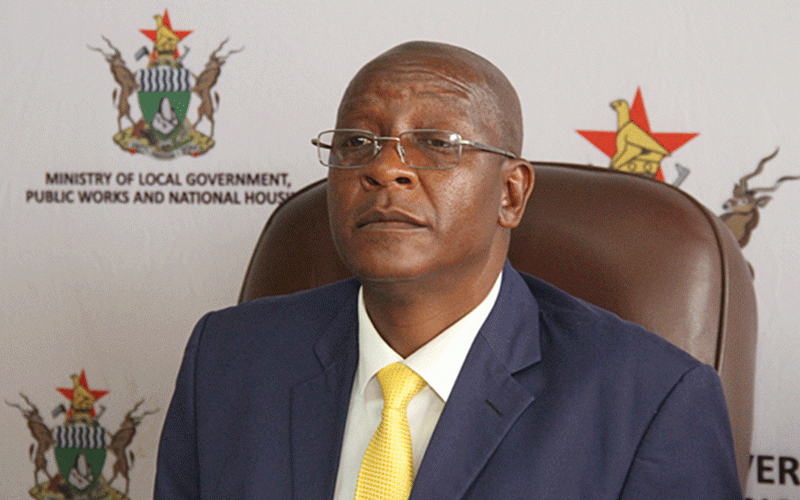
TWO Zimbabwean journalists have filed a High Court application challenging the Patriotic Act, saying its provisions are an assault on people’s rights and unconstitutional.
President Emmerson Mnangagwa signed into law the Criminal Law (Codification and Reform) Amendment Bill commonly referred to as the Patriotic Act in July last year
The Act deals with wilfully injuring the sovereignty and national interest of Zimbabwe.
It contains broad provisions as it criminalises participating in meetings where sanctions and military interventions are considered or planning to subvert, upset, overthrow or overtake a constitutionally elected government.
It carries harsh sentences, including death, for acts the government deems unpatriotic.
Other penalties include loss of citizenship and denial of the right to vote.
In the court application, journalists Valentine Maponga and Paidamoyo Muzulu say the law is subjective and is targeted at government critics, political opponents and sections of the civil society.
They are challenging the constitutional validity of section 22A of the Criminal Law (Codification and Reform) Act which proposes a death sentence.
- Editorial Comment: Democracy is under siege
- Mnangangwa ‘wants to inject fear’
- MPs under fire over poor performance
- Letters: Withdraw Criminal Code immediately
Keep Reading
They argued that the sentence was against the right to life as provided for under section 48(1) of the Constitution.
“I consider section 22A (2) and (3) as being constitutionally vague and therefore a violation of the right to a fair public trial as protected by section 69(1) of the Constitution of Zimbabwe,” they submitted.
Maponga and Muzulu together with Veritas cited the Justice and Parliamentary Affairs minister Ziyambi Ziyambi, Attorney General Virginia Mabhiza and the Parliament of Zimbabwe as respondents, respectively.
“They (sections of the Act) are vague and imprecise and therefore an assault on the principle of legality and the rule of law which are the bedrock of any fair trial,” they said.
“They are over-broad and therefore an infringement on the principle of legality and wideness.”
In his founding affidavit, Maponga said: “Further I consider the same to be an infringement of the right to freedom of assembly and association protected by section 58 of the Constitution and the right to freedom of expression protected by section 61 of the Constitution.”
Maponga said the death sentence could only be imposed on a person convicted of murder in aggravating circumstances
“I consider the penalty provisions of section 22A(3) to be constitutionally invalid in that they are not proportional or rationally connected to the offence and therefore offend my right to a fair and impartial trial as provided by section 69(3) of the Constitution,” he said.
“In addition to the extent that these additional penalties are not provided for in any other crime, be it treason or the refined form of prison defined in section 22 A(2), they are therefore a breach of my right to equal protection and benefit of the law protected by section 56(1) of the Constitution of Zimbabwe.”
Zanu PF Chief Whip Pupurayi Togarepi was the first to move a motion for the act.
The applicants said the motion was political.
"It was a motion born out of Zimbabwe's long culture of political intolerance and toxicity,” they said.
“The debate that followed only mirrored the extent of the animosity and sharp political differences surrounding Zimbabwe's political landscape.”
Maponga said the law was an infringement on people’s rights to a fair trial.
“A law must be certain, precise and clear,” he said.
“A law must give people of ordinary intelligence a reasonable opportunity to know what is prohibited so that they may act lawfully.
“We contend that once a person has a fair notice of what conduct is unlawful, he or she is able to order his or her actions together with others thereby giving rise to order and stability in society.”
The matter is pending.
The Act was first published as a Bill in the Government Gazette on December 23, 2022.
The Bill was passed by the lower house of the National Assembly on May 31, 2023 and sailed through the Senate on May 7, 2023. It was signed by the President on 14 July 2023.
The Act has received widespread condemnation.










